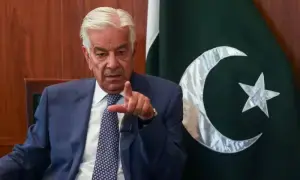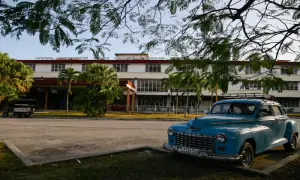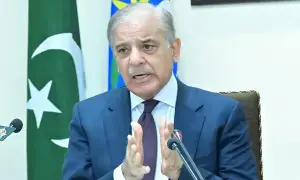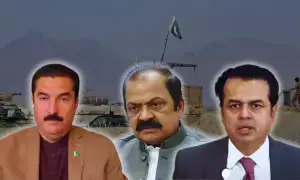Timely elections: Politicians might be able to punch above their weight
3 min readWith calls for timely elections rising to a crescendo, politicians might be able to achieve their target for timely elections, sources told Business Recorder.
They were of the view that the legal moves would help them have elections within 90 days after the dissolution of the National Assembly.
But sources in the establishment negated such policies unless the popularity of the PTI decreased to a level that was “manageable”, highly placed sources in the power corridors told the English newspaper.
They defined manageable as “numbers that would ensure that the PTI does not return to power and destroy the country further. This necessitates first sorting out the economy and only then holding the polls.”
Speculations were rife that elections would be delayed by four months after the Council of Common Interests under the previous government of the ruling alliance notified the census results on August 5 2023. It was viewed that it would require four months for the Election Commission of Pakistan to draw new boundaries.
Also, read this
There was no assurance of holding elections within 90 days in CCI meeting: Iqbal
ECP says electoral body, not the president, to set Pakistan election date
Such likelihood was seen possible after the country’s top electoral authority earlier this month expressed its inability to conduct general elections within three months. The ECP cited various legal hitches and procedural challenges as the reason, prompting a sharp reaction from the Pakistan Bar Council and Imran Khan-led party.
Both of them have approached the court against the decision.
But sources said that such developments have not affected the “preferred individual” choice who would rule the federal government.
More sources told BR that former prime minister Shehbaz Sharif was the “blue-eyed” candidate for the coveted position.
“Neither PML-N Quaid Nawaz Sharif nor his daughter Maryam Nawaz will be in the driving seat of the next coalition government; Shehbaz Sharif has won the trust of the establishment during the last 16 months as the prime minister,” one of the sources maintained.
In the past, PPP co-chairman Asif Ali Zardari expressed his intention to see his son Bilawal as the next PM. There were also reports that former Sindh chief minister Murad Ali Shah could be Dar’s predecessor.
Bilawal’s candidacy was apparently based on the establishment’s satisfaction with his performance as the foreign minister. Sources mentioned his efforts for successful re-engagement with the West, particularly the US.
The next cabinet, sources added, might comprise many of the same faces that were part of Shehbaz Sharif’s cabinet. But Ishaq Dar was unlikely to serve as the finance due to his engagement with the IMF.
Like many political commentators, they were of the view that the next government would also be a ruling alliance. They added that Zardari would forward Murad Ali Shah’s name for finance minister post if there was a coalition—such a candidacy was supported by the establishment.
It was premature to comment as to whether Jahangir Tareen’s Istehkam-i-Pakistan Party or Pervez Khattak’s PTI-Parliamentarians would be an alternative to the PTI even if electables join their ranks.
For the latest news, follow us on Twitter @Aaj_Urdu. We are also on Facebook, Instagram and YouTube.























Comments are closed on this story.